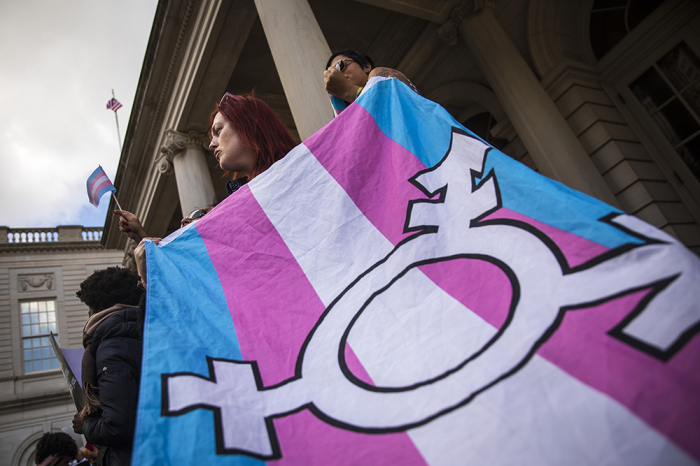Endocrine Society used deceptive terminology for trans experimentation on children, document shows

A document recently uncovered by an endocrinologist shows the ways in which a professional medical organization deceptively blurred key terms to further the interests of experimental transgender medicine and acquire government funding for it.
The 2013 letter from the Endocrine Society that was unearthed by Rocklin, California-based endocrinologist Dr. Michael Laidlaw had been sent to the "LGBTI Research Coordinating Committee" at the National Institute's of Health in what appears to be an effort to urge the federal agency to fund research that dovetails with transgender-affirming goals and conclusions, The Federalist reports.
The letter reads: "Systematic studies of pubertal suppression of children who express gender dissonance prior to onset of puberty are needed to assess the potential benefits and risks of preventing physical development contrary to the child’s perceived gender at puberty. … Research is required to develop appropriate pediatric formulations for hormone replacement therapy. … We recommend that appropriate financial resources be deployed to enable these [NIH] institutes to successfully implement the research plan on a long-term basis."
Such studies are needed to explore medical treatments for "transgender and intersex" patients, the letter contends, conflating those born with rare genetic anomalies known as disorders of sexual development and those who self-identify as the opposite sex under the banner of what transgender advocacy groups call "gender identity."
The term gender identity has been pushed in public discourse as an "internal sense" of one's gender without respect to biological sex.
"Even though trans-identification is psychological and DSD/intersex conditions are physical, the Endocrine Society repeatedly blurred the distinction in its 2013 letter. This deliberate confusion of psychological and physical conditions is central to the Endocrine Society’s radically unscientific denial that humans are either male or female," The Federalist added.
According to Laidlaw, that conflation is a deliberate strategy to persuade the government to back such research with grant money.
"A fundamental educational issue, particularly relevant to the healthcare needs of patients who have variations in sexual and reproductive development, is the entrenched view within society of the binary concept of gender," the 2013 Endocrine Society letter goes on to say.
Laidlaw and other dissenting medical professionals have for years been highlighting the ethical issues that arise from giving children puberty-suppressing drugs that block the normal pubertal processes, which lead to infertility when followed by cross-sex hormones. Laidlaw said that Endocrine Society members were not informed of this letter and cannot be found on its website.
According to three endocrinologists CP interviewed in a 2018 feature story on Lupron — one of the drugs now being used to block puberty in gender-confused youth — many doctors are often so preoccupied with their practices that they ultimately refer patients to a transgender specialist, having deferred to the Endocrine Society guidelines that they are accustomed to trusting. Unbeknownst to many ES member doctors, those guidelines have been incrementally overhauled by radical activists in the past several years.
In 2015, the NIH awarded a five-year $5.7 million grant to several gender clinics across the country. And a 2017 progress report obtained by FOIA showed that, at the Los Angeles clinic, the age was lowered for cross-sex hormone to be administered to a child as young as 8.
Earlier this year, amid a contentious debate in California over a bill that provided grants to transgender groups that promote puberty blockers, cross-sex hormones, and gender surgeries, The California Family Council obtained (through FOIA) consent forms from a transgender center at Children's Hospital Los Angeles that openly admitted that the experimental measures cause sterility.
“If your child starts puberty blockers in the earliest stages of puberty, and then goes on to gender-affirming hormones, they will not develop sperm or eggs. This means that they will not have biological children,” the documents read in part.





























